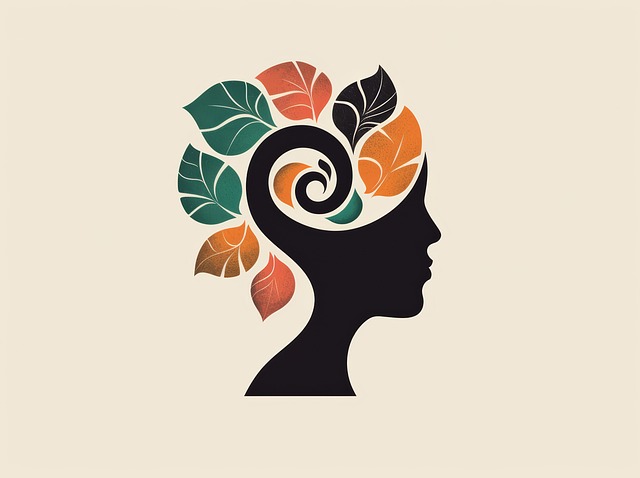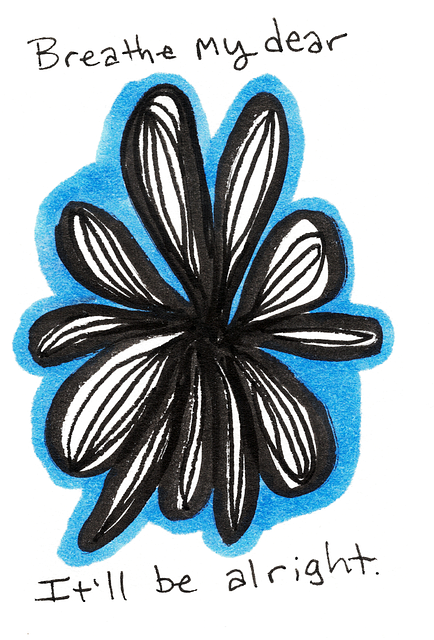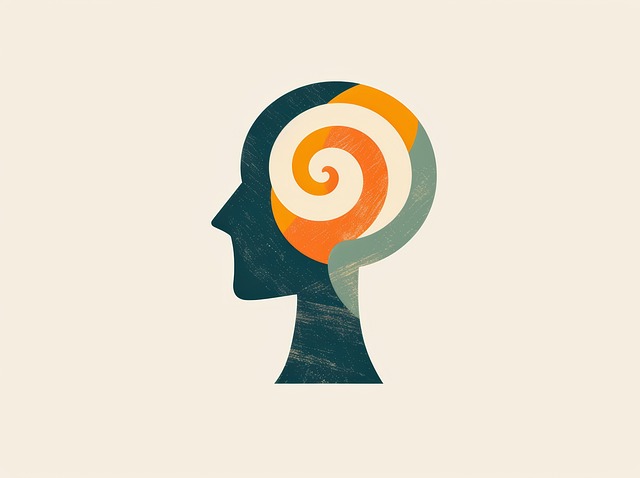Littleton Gender-Affirming Care Therapy (LGACT) offers a structured, inclusive approach to mental wellness groups, focusing on safe spaces for gender identity exploration. Through guided discussions, activities emphasizing self-acceptance and positive thinking, LGACT reduces stigma around gender issues. This holistic methodology builds resilience, coping strategies, and community bonds, contributing to effective mental wellness coaching programs and enhanced overall well-being within communities. Creative arts and interactive techniques, like art therapy and role-playing, complement LGACT principles in fostering supportive group environments for emotional expression and mutual support.
Mental wellness group facilitation is a powerful tool for fostering resilience and community. This article explores effective techniques inspired by Littleton Gender-Affirming Care Therapy, providing a comprehensive framework for creating safe, supportive group environments. From understanding core therapeutic principles to implementing engaging activities, we’ll delve into strategies that promote mental wellness in diverse group settings. Discover how these practices can revolutionize care, enhancing connections and empowerment among participants.
- Understanding Littleton Gender-Affirming Care Therapy: A Framework for Group Facilitation
- Essential Techniques for Creating a Safe and Supportive Group Environment
- Engaging Activities and Strategies to Promote Mental Wellness in Group Settings
Understanding Littleton Gender-Affirming Care Therapy: A Framework for Group Facilitation

Littleton Gender-Affirming Care Therapy (LGACT) offers a powerful framework for facilitating mental wellness groups, particularly when addressing gender identity and expression issues. This therapeutic approach emphasizes creating a safe, supportive environment where individuals can explore their identities free from judgment or discrimination. By adopting LGACT principles, group facilitators can foster an inclusive atmosphere that encourages open dialogue, enhances self-acceptance, and promotes positive thinking among participants.
The methodology focuses on reducing the stigma associated with mental illness, especially in relation to gender-related challenges. Through structured activities and guided discussions, facilitators help members build resilience, gain valuable coping strategies, and develop a stronger sense of community. This holistic approach not only aids in individual growth but also contributes to the development of effective mental wellness coaching programs. By integrating LGACT into group facilitation techniques, mental health professionals can significantly impact positive thinking and overall well-being within their communities.
Essential Techniques for Creating a Safe and Supportive Group Environment

Creating a safe and supportive group environment is paramount for effective mental wellness facilitation. Techniques such as active listening, empathy, and non-judgmental attitudes foster an atmosphere where individuals feel comfortable expressing their thoughts and emotions. Facilitators should encourage open dialogue by posing thought-provoking questions and ensuring every member has the opportunity to contribute. This inclusive approach not only enhances engagement but also strengthens the sense of community within the group.
In line with Littleton Gender-Affirming Care Therapy, facilitators play a crucial role in normalizing diverse experiences and identities. By validating personal narratives and promoting self-acceptance, groups can become powerful tools for anxiety relief, trauma support services, and confidence boosting. Incorporating activities that emphasize shared vulnerabilities and common goals helps build trust and encourages members to offer mutual support, ultimately enhancing the overall therapeutic experience.
Engaging Activities and Strategies to Promote Mental Wellness in Group Settings

In facilitating mental wellness groups, engaging activities and strategies play a pivotal role in creating a safe and supportive environment. One effective technique is incorporating creative arts like art therapy, music, or movement, which can help individuals express themselves and process emotions in a non-verbal way, making it especially beneficial for those who find verbal communication challenging. These activities not only promote emotional well-being but also foster a sense of community within the group.
Littleton Gender-Affirming Care Therapy (LGCAT) offers valuable insights into designing Mental Health Education Programs that integrate interactive discussions, role-playing scenarios, and mindfulness exercises. Crisis intervention guidance can be seamlessly woven into these programs to equip facilitators with tools to handle acute emotional distress. By combining these techniques, group settings become dynamic spaces where participants learn coping strategies, share experiences, and support one another in navigating mental health challenges.
Littleton Gender-Affirming Care Therapy provides a powerful framework for group facilitators to create inclusive, safe, and supportive environments. By incorporating essential techniques discussed in this article, professionals can foster meaningful connections, encourage open dialogue, and promote mental wellness among group members. Engaging activities tailored to diverse needs ensure every individual feels valued, validated, and empowered. This holistic approach not only enhances overall well-being but also equips facilitators with valuable skills to navigate complex issues effectively within group settings.














